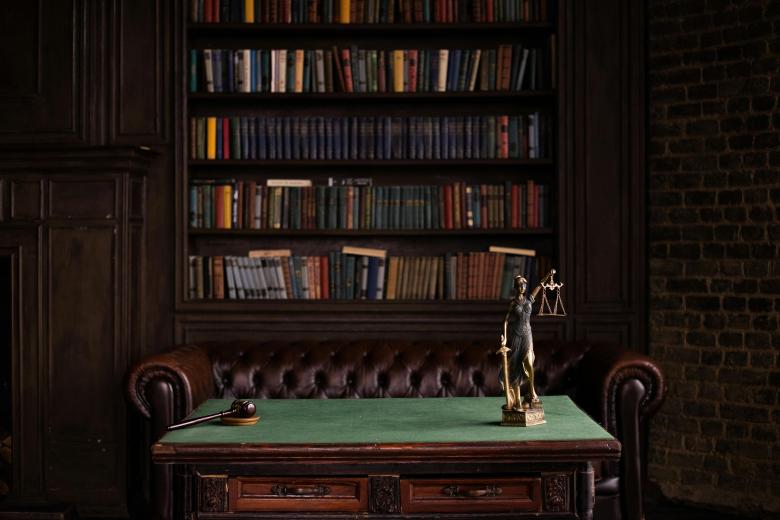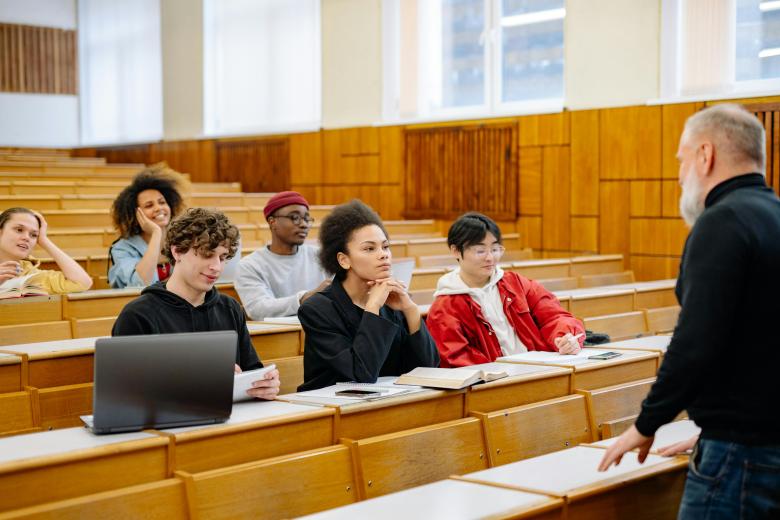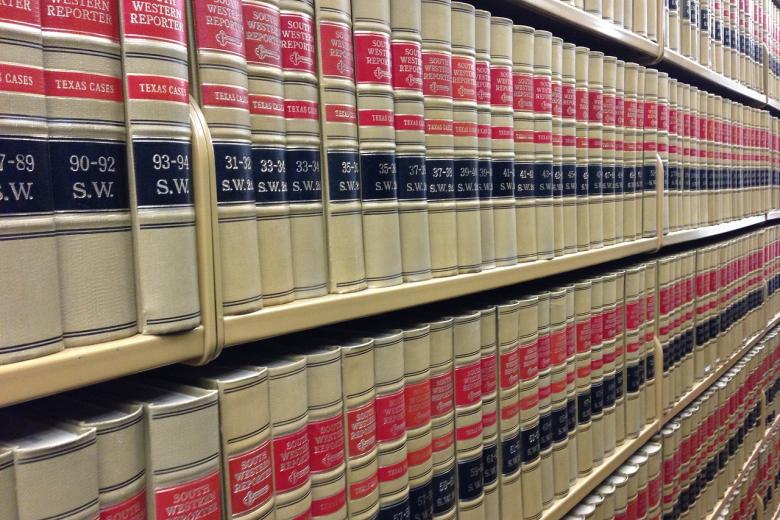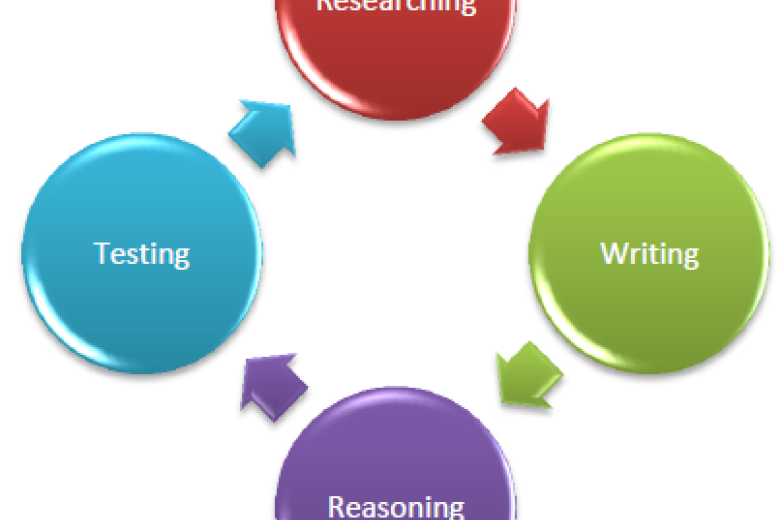Failure as a Learning Tool for Legal Science
Not every effort triggers a successful outcome. Academic efforts are no exception, and endeavours may fail because of different reasons and at different stages. Failure should be considered a learning experience both for those who attempted to succeed and for those who might attempt in the future...









